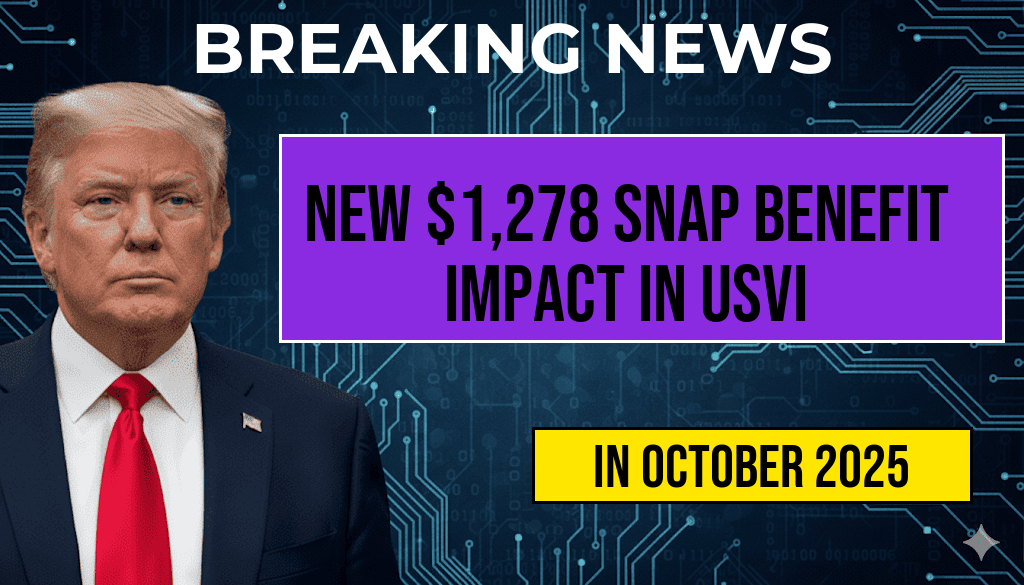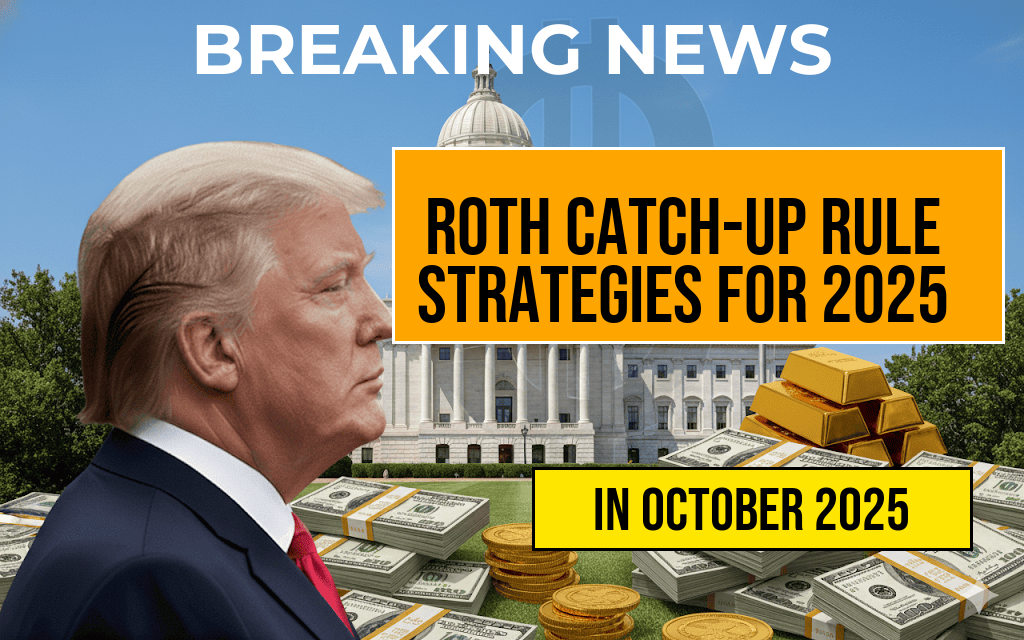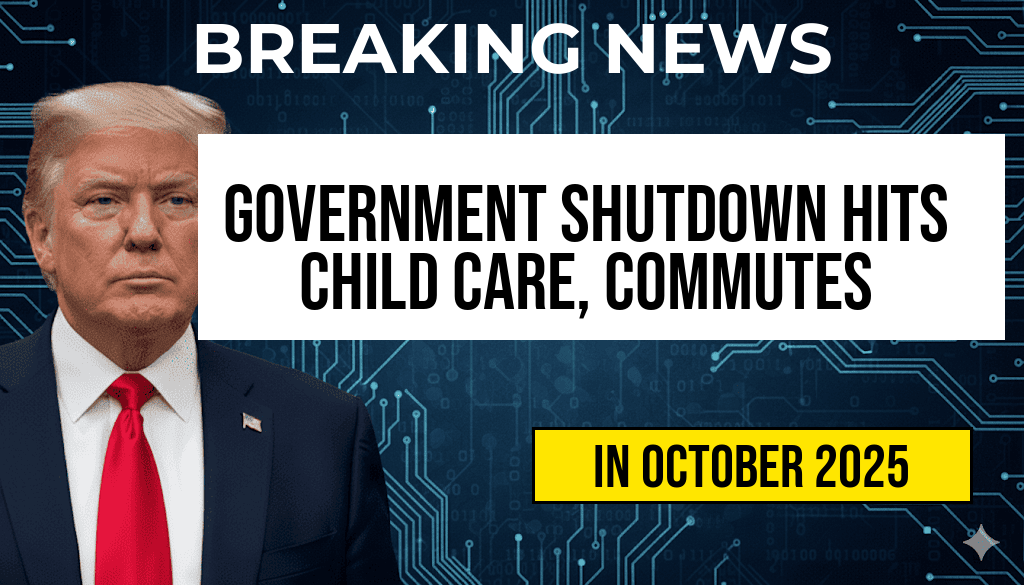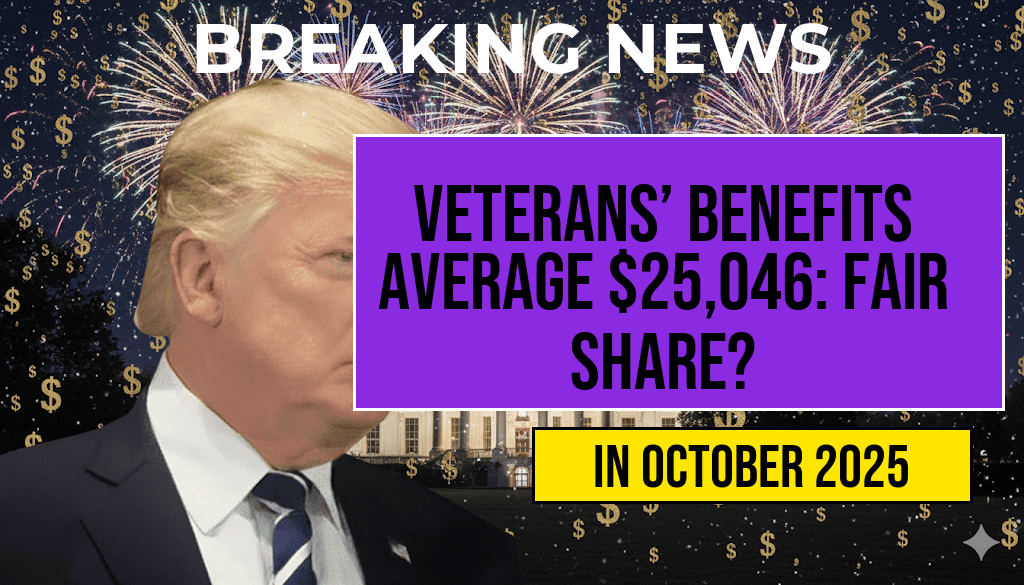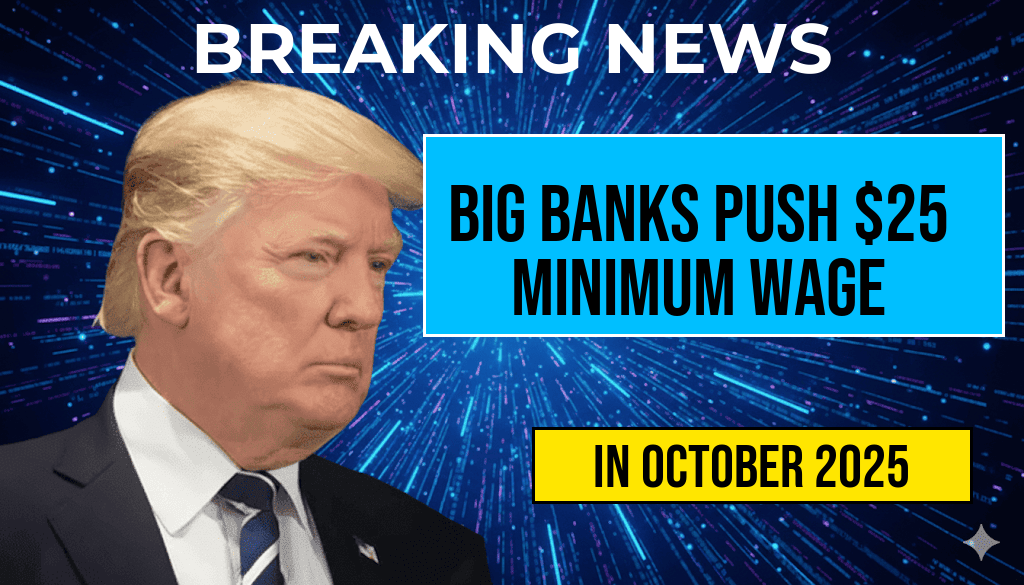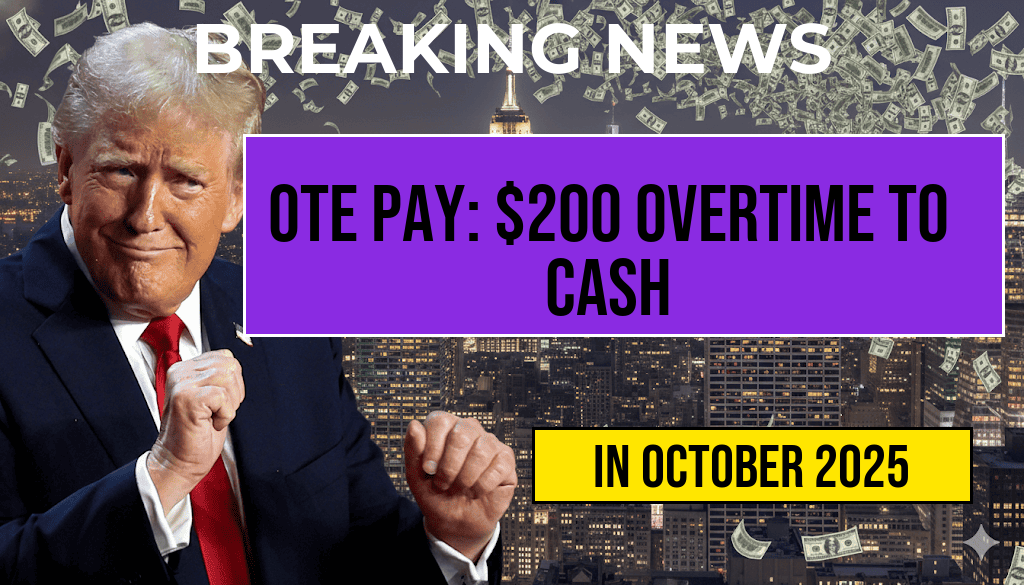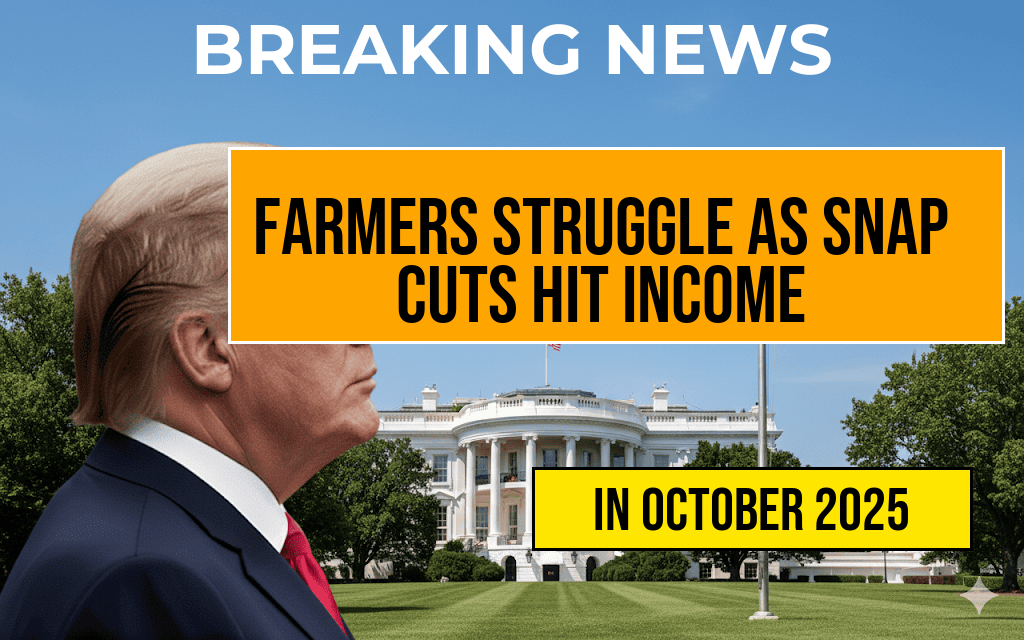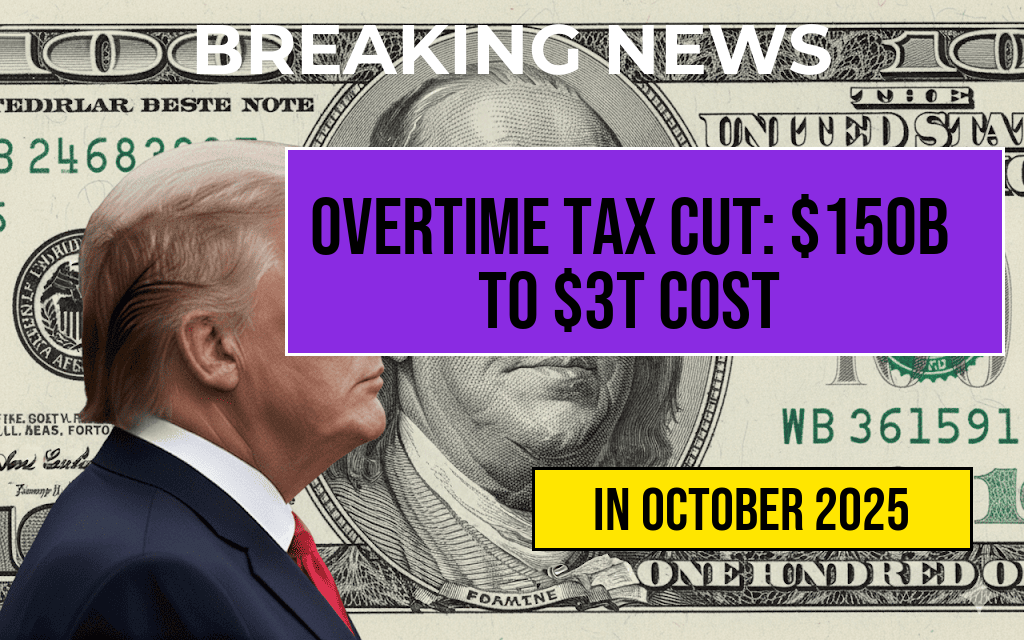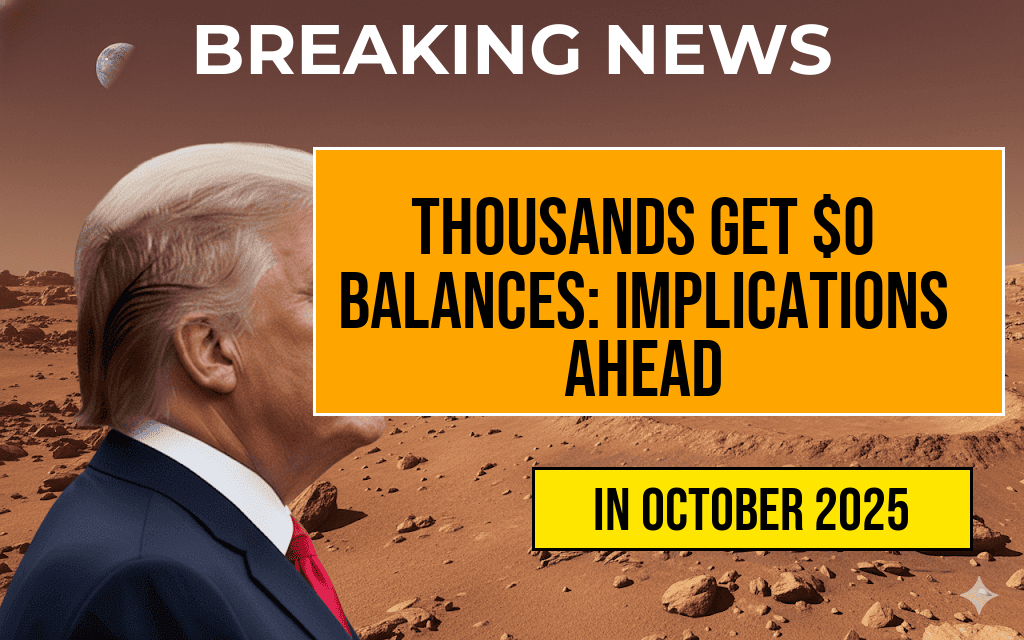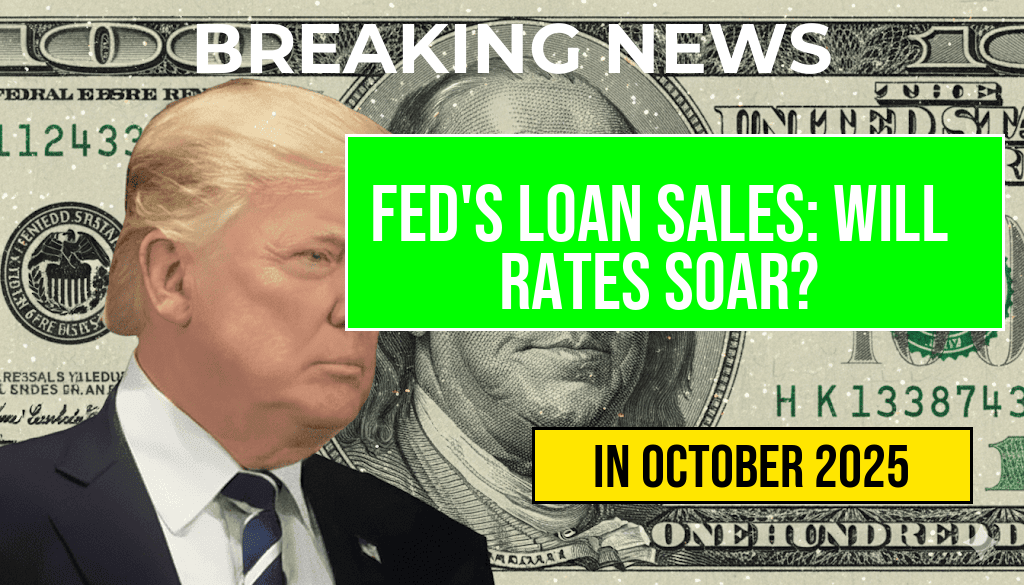Recent announcements from major banking institutions indicate a significant shift in the landscape of wage standards, with Bank of America (BofA) leading the charge by proposing a minimum wage increase to $25 per hour. This move places pressure on competitors to follow suit, as the financial sector grapples with rising inflation and evolving labor market dynamics. The decision comes in the wake of ongoing discussions about living wages and employee satisfaction, prompting other banks and industries to reconsider their pay structures. As BofA sets this benchmark, the implications for the broader economic environment and the responses from rival firms could reshape wage norms across various sectors.
Impact on the Banking Sector
Bank of America’s decision to increase its minimum wage is part of a broader trend among large employers focusing on worker retention and attraction in a tight labor market. The bank has stated that this adjustment is crucial for maintaining a motivated workforce and enhancing customer service. As financial institutions face challenges in hiring qualified personnel, the pressure to offer competitive salaries is mounting.
Response from Competitors
As BofA takes the lead, other major banks are likely to evaluate their compensation strategies. Analysts predict that institutions such as JPMorgan Chase and Wells Fargo may soon announce similar wage increases to remain competitive. This potential domino effect could not only impact banks but also influence wage policies in other sectors, as companies of all sizes respond to the changing landscape.
Broader Economic Implications
The proposed wage hike by BofA aligns with a national dialogue about the need for a living wage. Advocates argue that increasing the minimum wage is essential for workers to meet rising costs of living, particularly in urban areas. This sentiment has gained traction among policymakers and labor organizations, prompting discussions on legislative measures to raise the federal minimum wage.
- Inflation Pressures: With inflation rates at a multi-decade high, workers are seeking higher wages to maintain their purchasing power.
- Worker Retention: Companies are recognizing that competitive pay is vital for retaining skilled employees in a competitive job market.
- Market Trends: The shift towards higher wages may push companies to reevaluate their business models to accommodate increased labor costs.
Consumer Reaction
Customer reactions to BofA’s wage increase have been largely positive, with many consumers expressing support for companies that prioritize fair compensation. This could enhance BofA’s brand image, positioning it as a leader in corporate responsibility. However, some consumers are concerned about how such wage increases may affect prices for banking services and products.
Challenges Ahead
While raising the minimum wage may benefit employees, it also poses challenges for banks and businesses. Increased labor costs can lead to a rise in service fees or reduced profit margins. Companies will need to balance competitive wages with sustainable business practices, which could lead to innovative solutions in operations and service delivery.
Legislative Context
The conversation around minimum wage increases is not occurring in isolation. Various states have enacted their own minimum wage laws, often exceeding the federal standard of $7.25. According to the U.S. Department of Labor, several cities and states are pushing for minimum wages of $15 per hour or higher. The momentum for change is palpable, and BofA’s proposal may serve as a catalyst for further legislative action.
Conclusion: A Pivotal Moment for Wage Standards
As Bank of America sets its sights on a minimum wage of $25 per hour, the implications extend beyond the banking sector. This pivotal moment may influence wage standards across various industries, encouraging other employers to rethink their compensation strategies. With economic pressures and a growing emphasis on worker rights, the next steps taken by BofA’s competitors will be closely watched by both consumers and policymakers alike.
| Bank | Current Minimum Wage | Proposed Minimum Wage |
|---|---|---|
| Bank of America | $20 | $25 |
| JPMorgan Chase | $18 | Pending Review |
| Wells Fargo | $17 | Pending Review |
For further insights on wage policies and economic trends, check resources from Forbes and the Bureau of Labor Statistics.
Frequently Asked Questions
What is the proposed minimum wage increase at Bank of America?
The proposed minimum wage increase at Bank of America (BofA) is to $25 per hour, which is part of a broader trend among big banks to enhance employee compensation.
How might this wage increase affect other banks?
This significant wage increase at BofA is expected to create increased pressure on competing banks to raise their own minimum wages, as they may need to remain competitive in attracting and retaining talent.
Why are big banks like BofA raising their minimum wage?
Big banks, including BofA, are raising their minimum wages to improve employee satisfaction and retention, respond to rising living costs, and address growing public demand for fair compensation.
What are the potential impacts on employees?
The increase to a $25/hour minimum wage could lead to improved financial stability for employees, greater job satisfaction, and a more motivated workforce within the bank.
When is the new minimum wage expected to take effect?
While specific dates may vary, Bank of America has indicated that the new minimum wage will be implemented in the near future, aligning with their commitment to supporting their employees.

